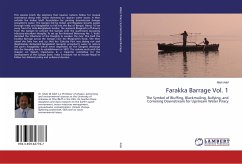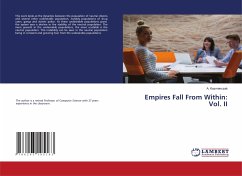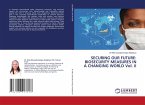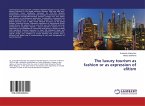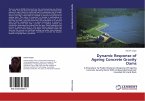This volume briefs the solutions that riparian nations follow for mutual coexistence along with India's skewness on riparian water issues. It then unfolds the Indian bluff foundation for pirating downstream Ganges ecosystem's water. The Ganges fed by Indian and Nepalese streams passes through India and Bangladesh to fall into the Bay of Bengal. About 16 km away from the Indo-Bangladesh border, the seasonal Bhagirathi off-shoots from the Ganges to connect the Ganges with the southward sea-going tributary-abundant Hooghly. To set up her National Waterway No. 1, India dammed the tributaries of the Hooghly to weaken the river. She built the Farakka Barrage across the Ganges near the Bhagirathi's head. She then raised the fake hue and cry that her Calcutta Port was drying out and illegitimately demanded Bangladesh Gangetic ecosystem's water to restore the port's navigability which never depended on the Ganges's discharge into the Hooghly since its establishment in 1870. The volume ends with the chapter on Nepal's importance in a tripartite committee for the development of the Ganges basin. India is resolute not to include Nepal to follow her bilateral policy and unilateral decision.
Bitte wählen Sie Ihr Anliegen aus.
Rechnungen
Retourenschein anfordern
Bestellstatus
Storno

